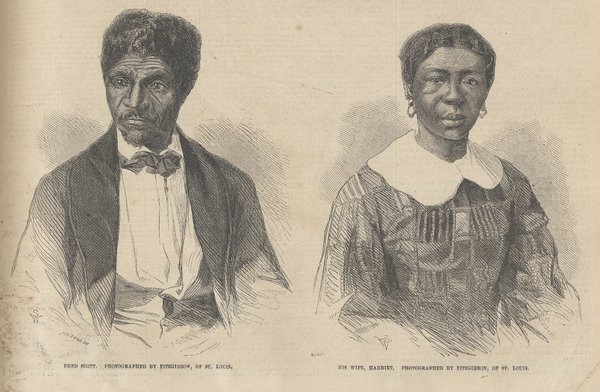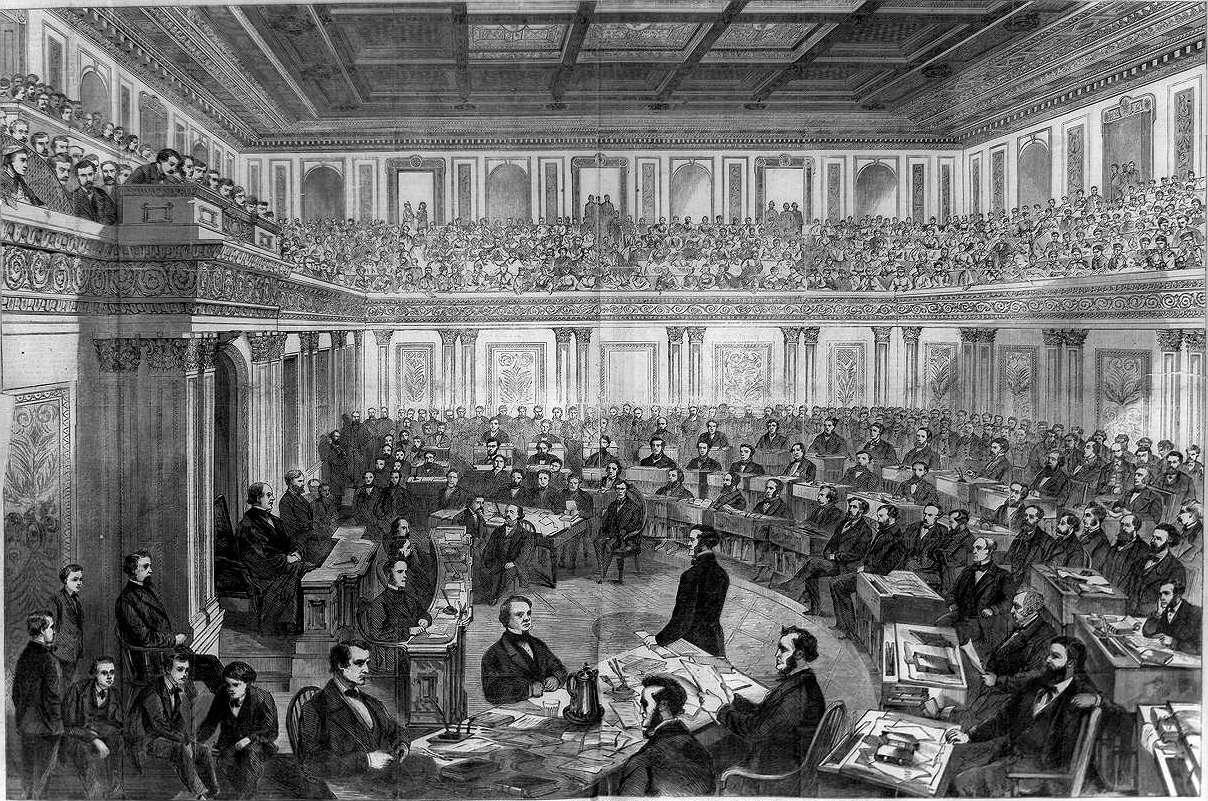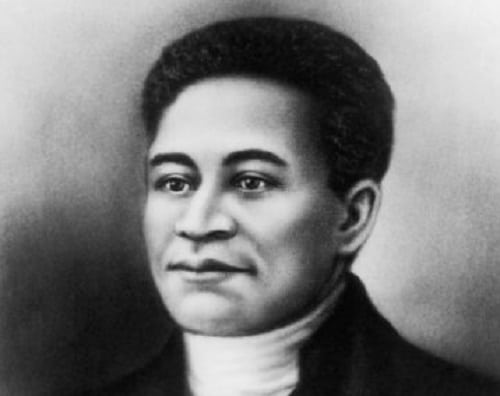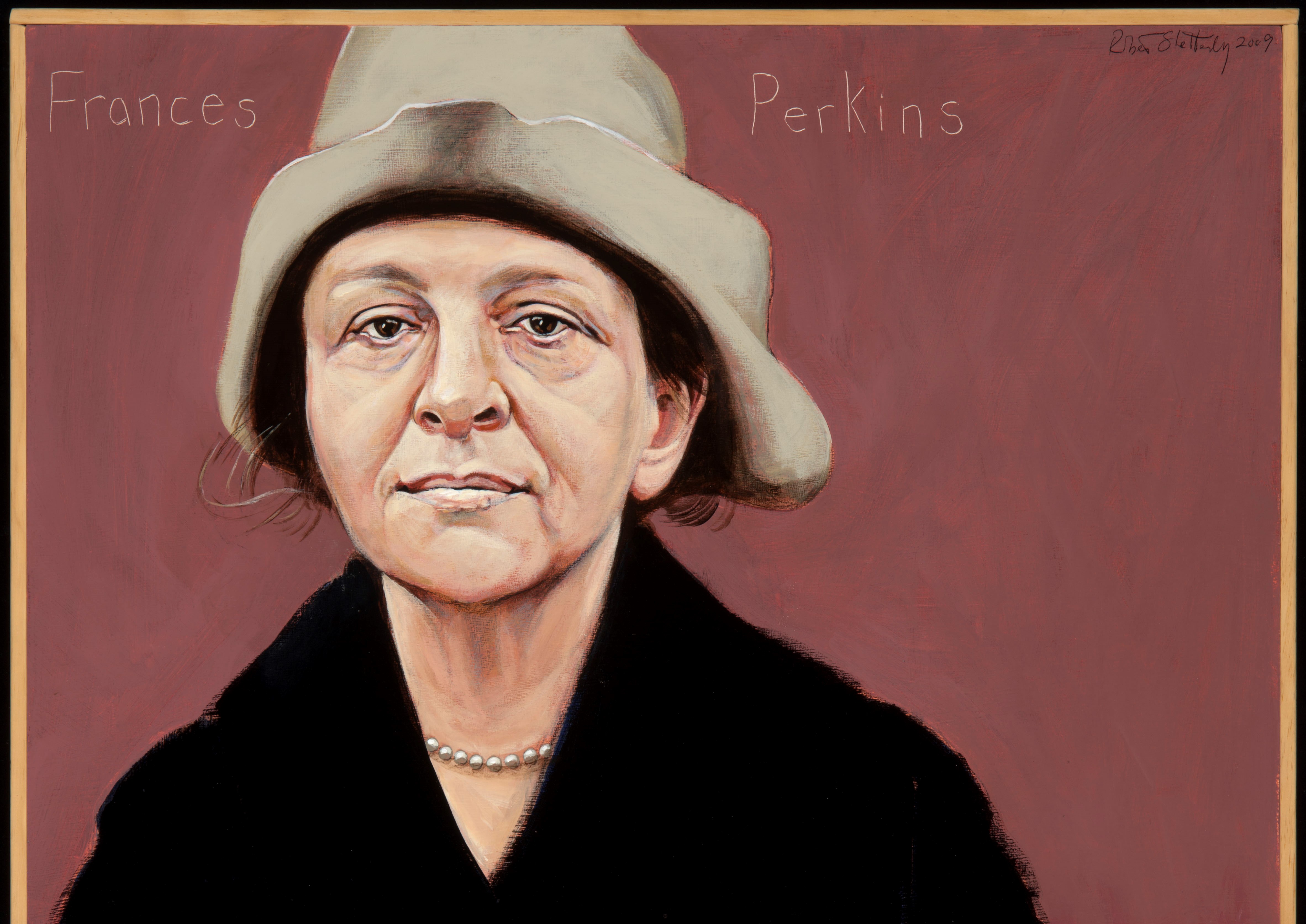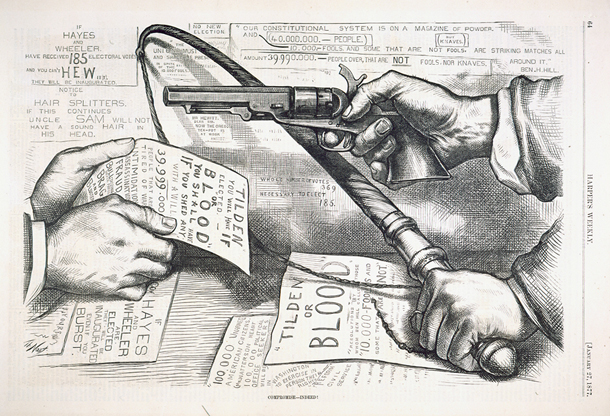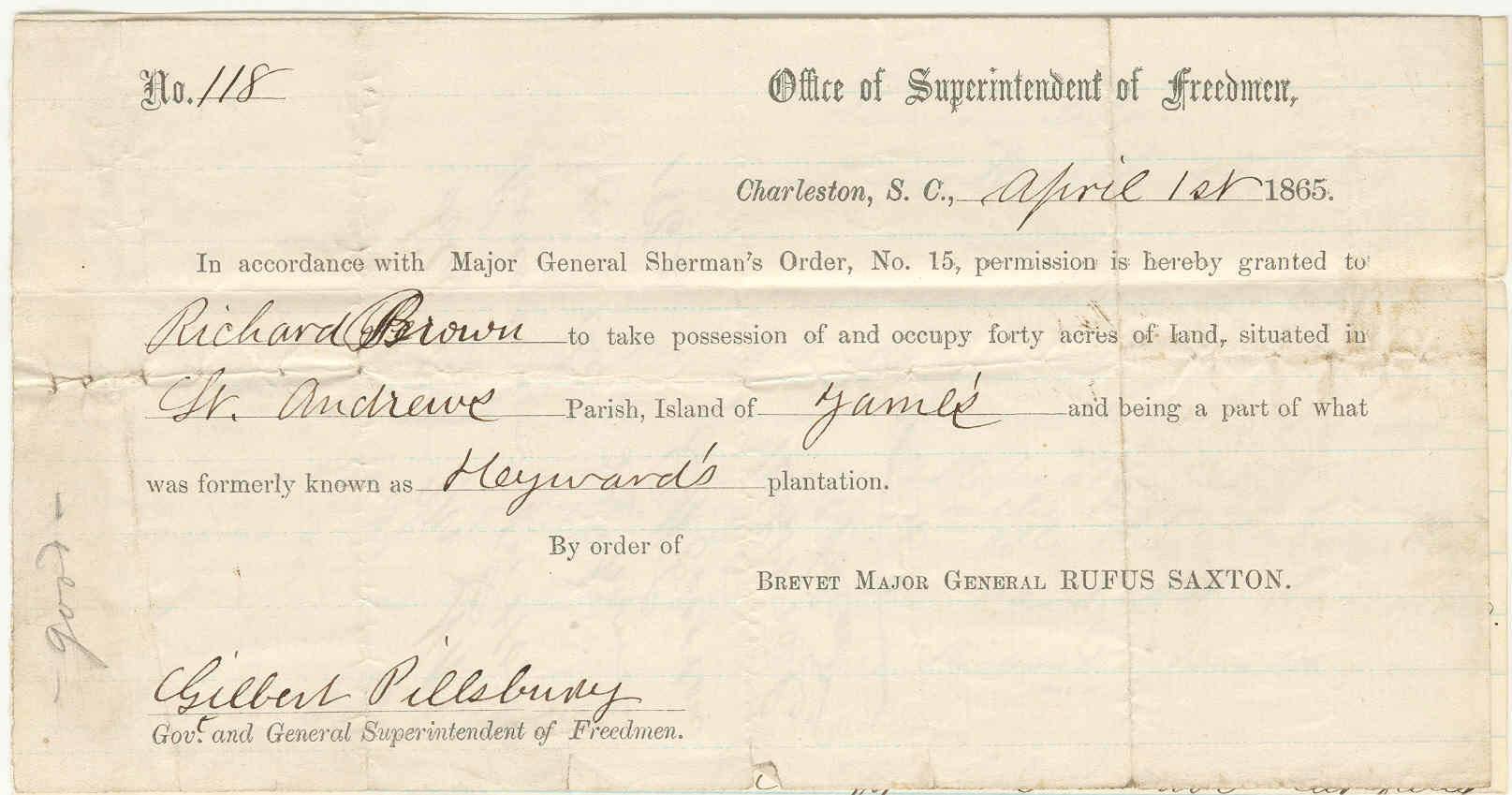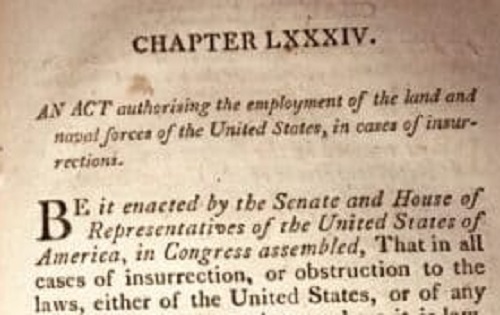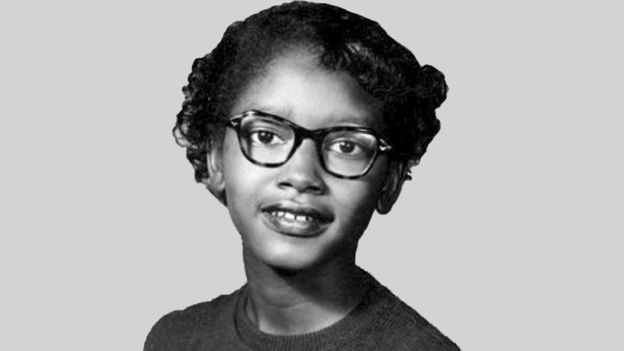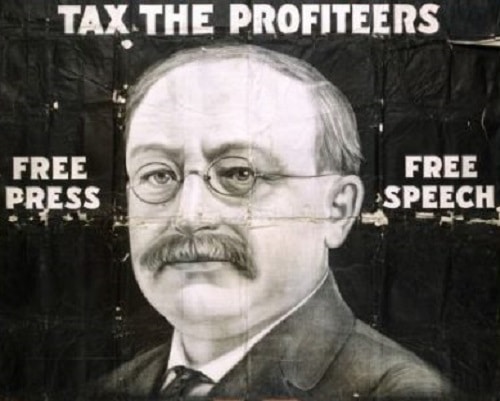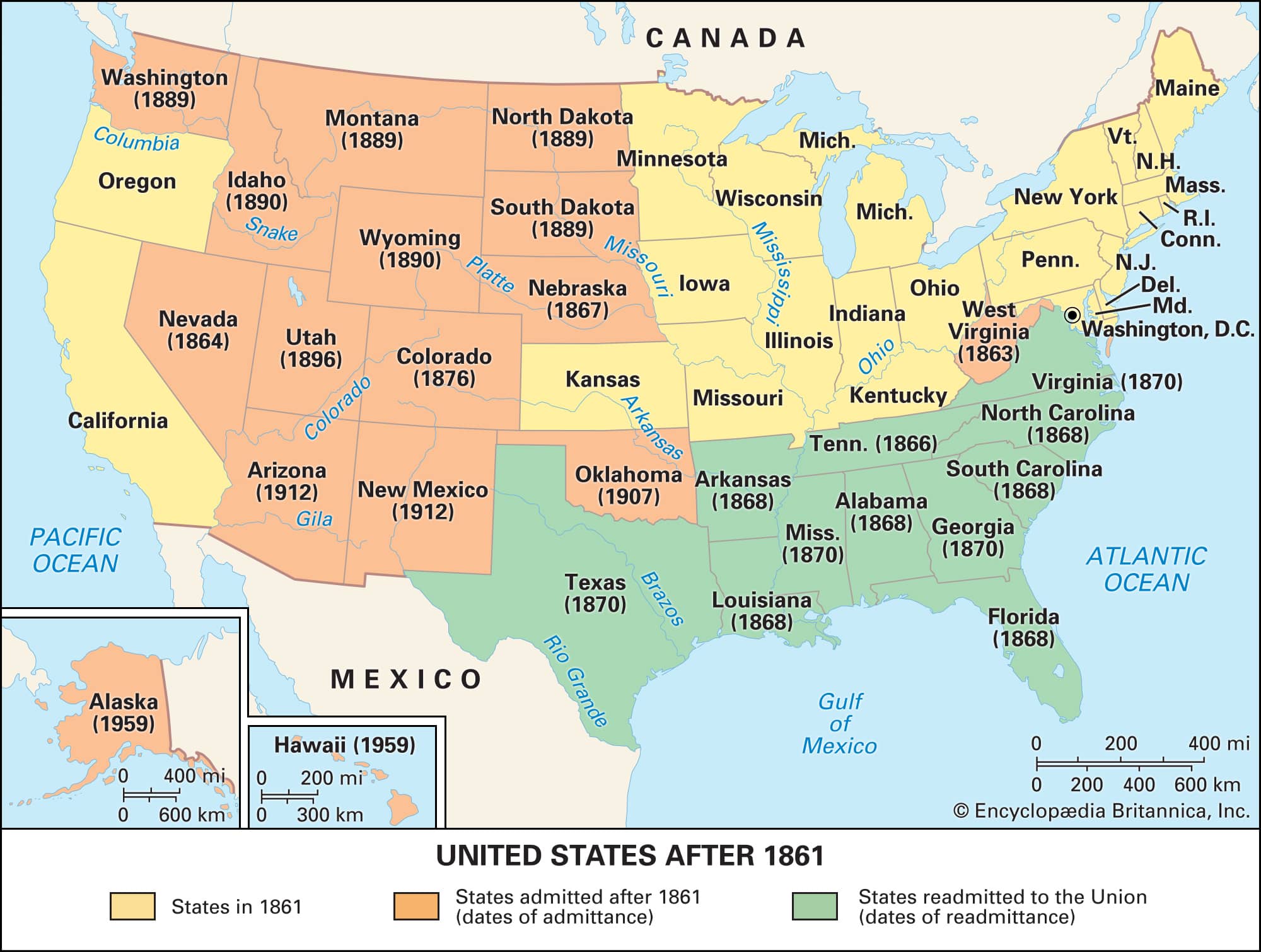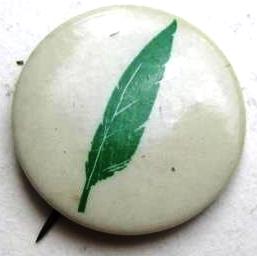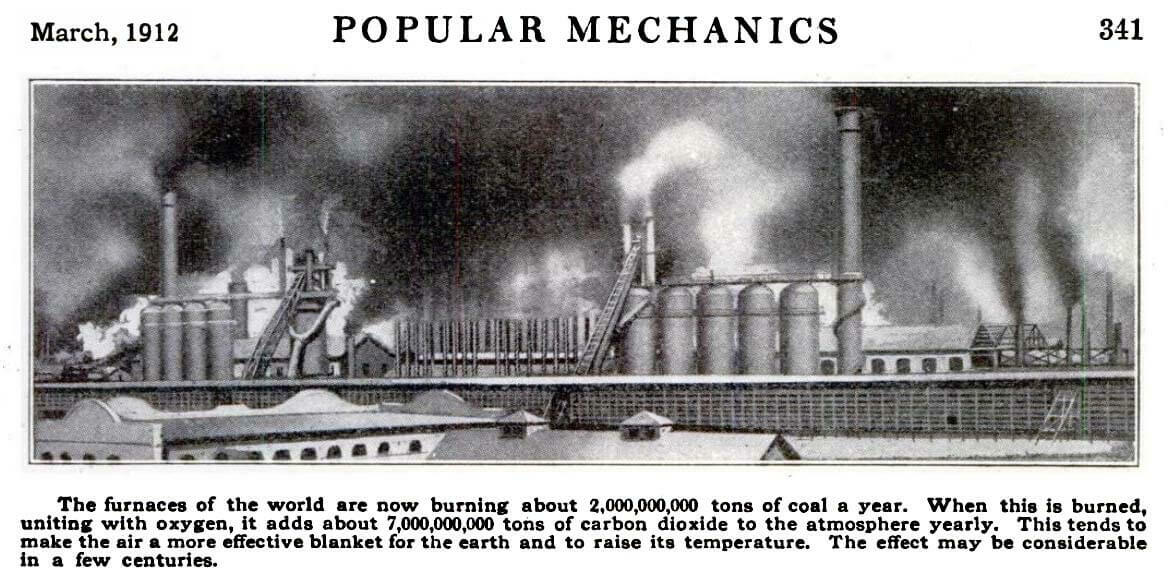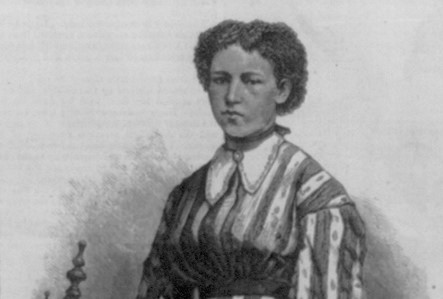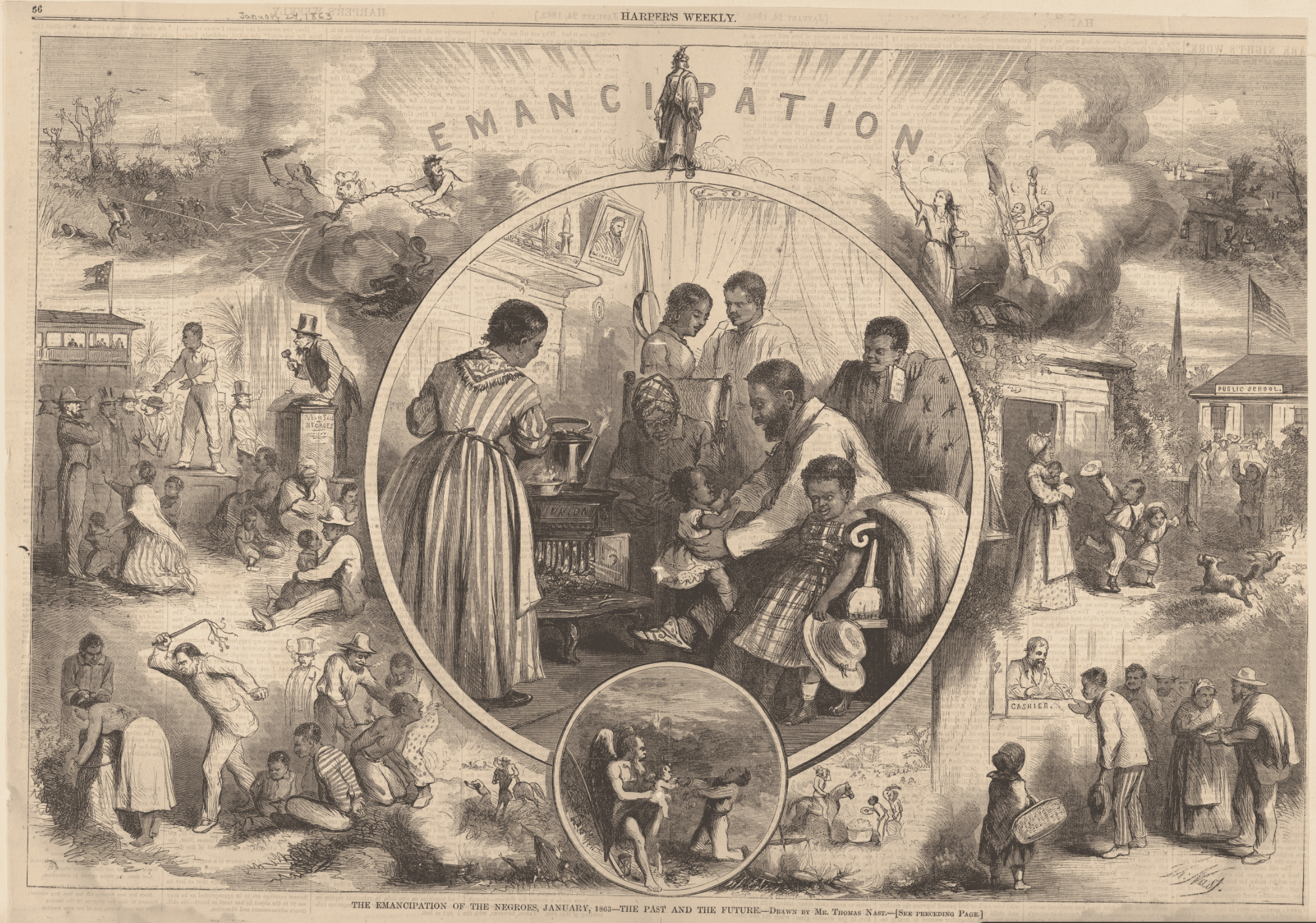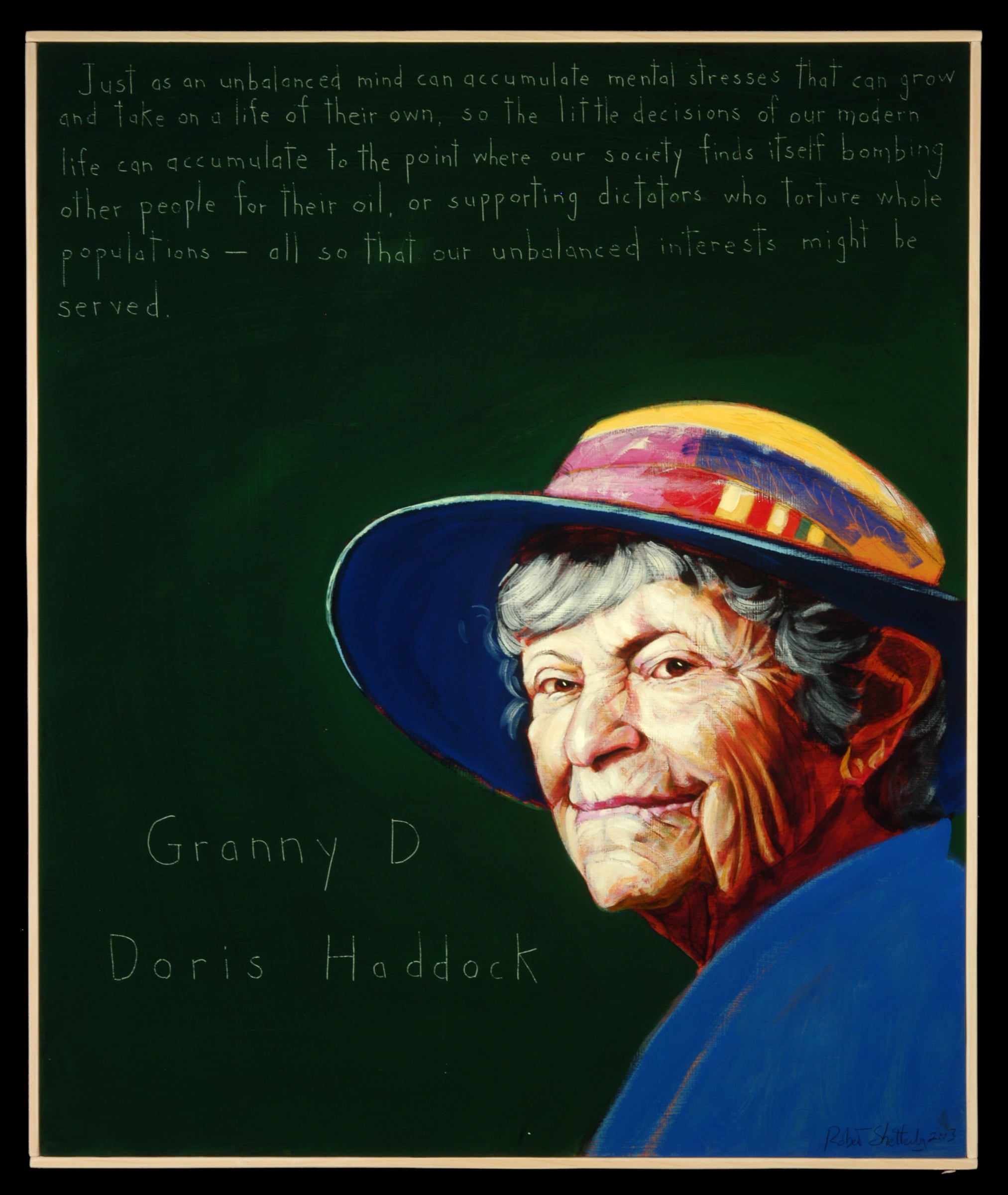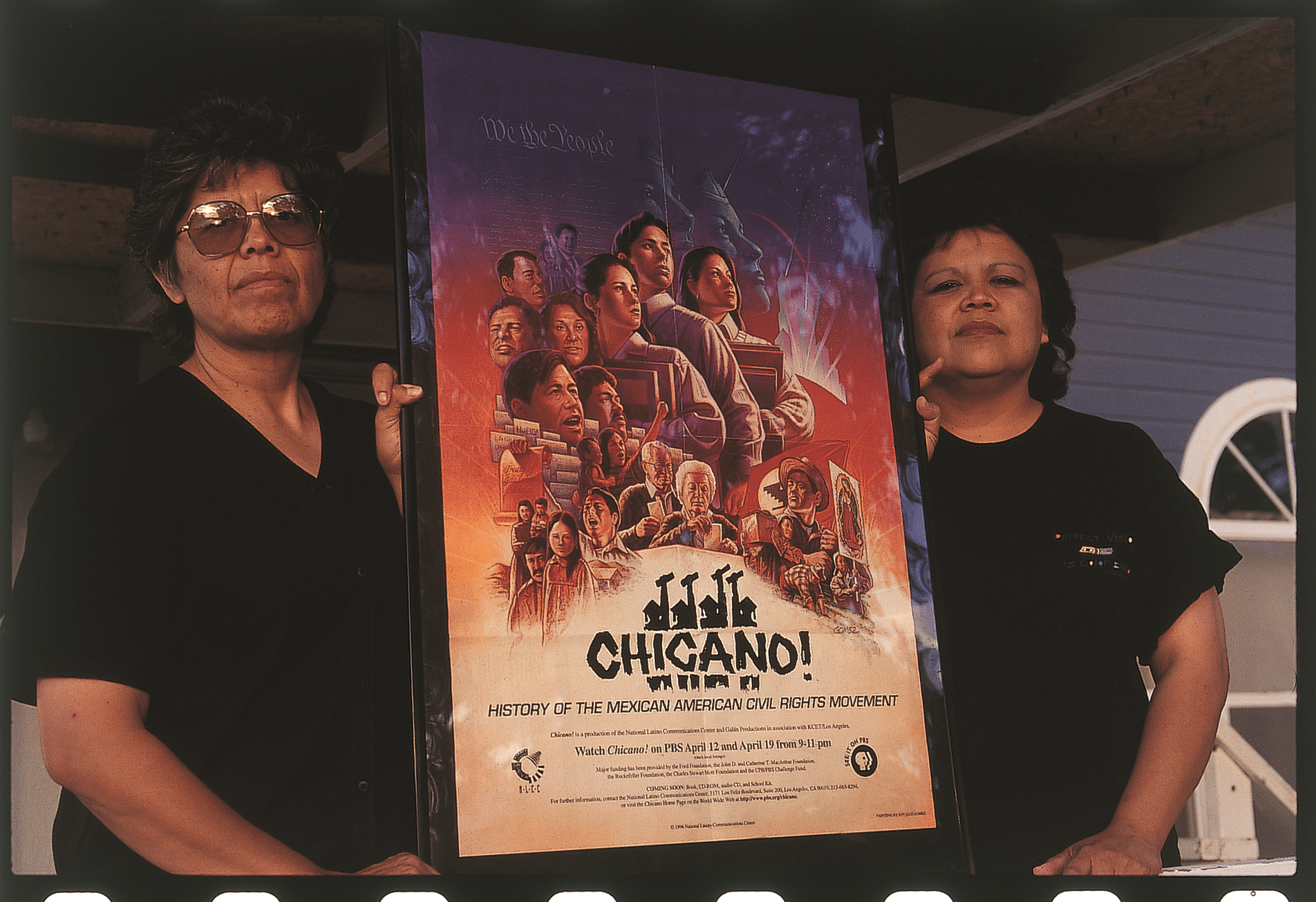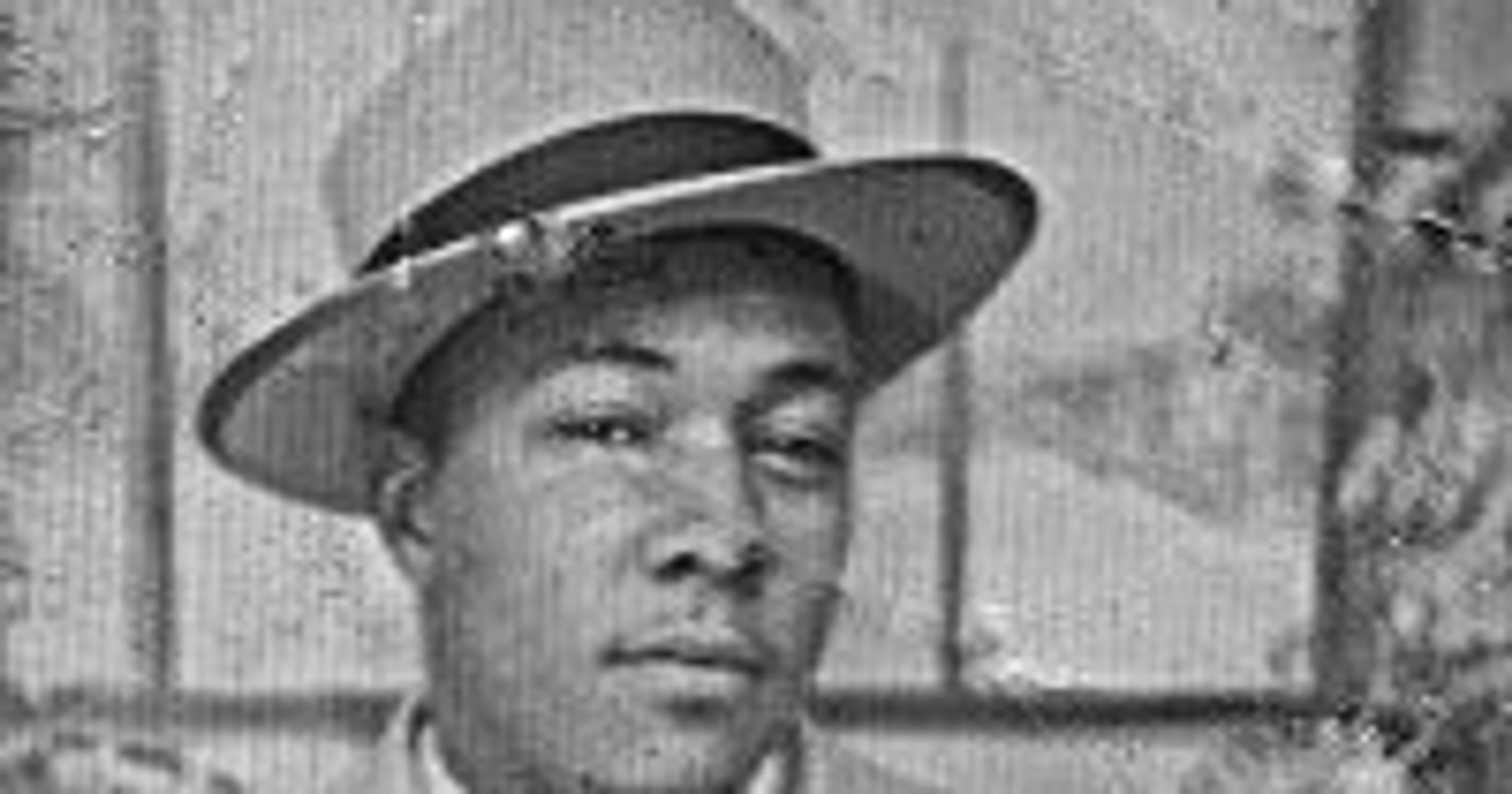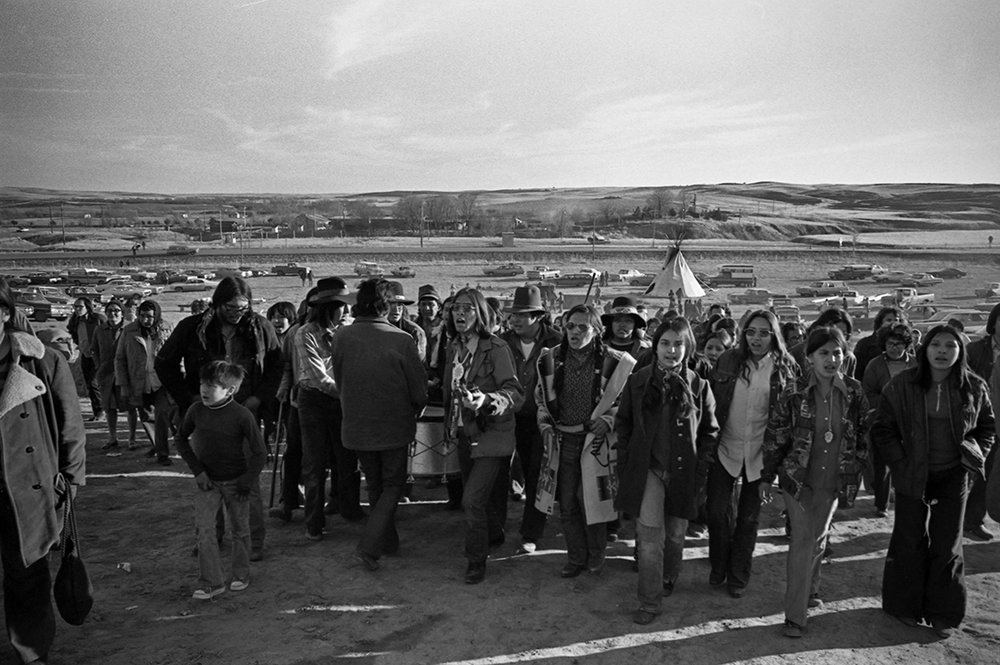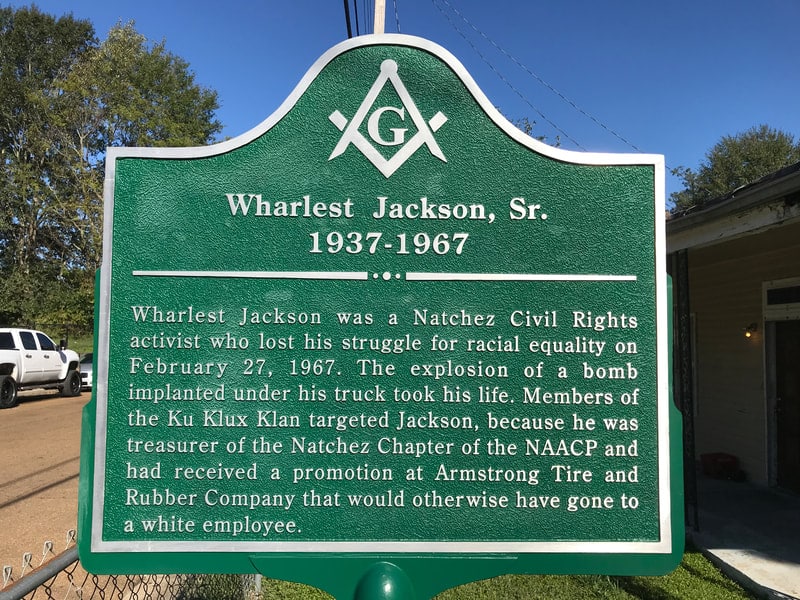The Supreme Court declared in horrific Dred Scott v. Sandford ruling that “Any person descended from Africans, whether slave or free, is not a citizen of U.S.”
Continue reading
The impeachment trial of President Andrew Johnson began in the Senate.
Continue reading
Crispus Attucks was the first person shot to death by the British during the Boston Massacre.
Continue reading
Frances Perkins became Secretary of Labor, and the first woman appointed to the U.S. Cabinet.
Continue reading
Rutherford Hayes became the 19th President of the United States with a devastating impact on Reconstruction.
Continue reading
This Reconstructon era anti-obscenity law made it a federal crime to disseminate birth control across state lines or through the mail.
Continue reading
The Bureau of Refugees, Freedmen, and Abandoned Lands was established within the War Department to undertake the relief effort and social reconstruction after the Civil War.
Continue reading
President Thomas Jefferson put his signature on the law known as the Insurrection Act.
Continue reading
At age 15, Claudette Colvin refused to give up her bus seat to a white woman in Montgomery, Alabama.
Continue reading
Milwaukee representative Victor Berger introduced House Resolution 409 to conduct hearings into the Lawrence strike and the workings of the American Woolen Company.
Continue reading
Congress overrode President Andrew Johnson’s veto and passed the first of four statutes known as the Reconstruction Acts, which outlined the process of readmission to the Union.
Continue reading
Five students from Indiana University at Bloomington (IU) started the Green Feather Movement to protest censorship.
Continue reading
Francis Molina published an article in New York’s Popular Mechanics on March 1, 1912, which was then republished in New Zealand and other papers around the globe, becoming one of the first news items to directly connect increased coal burning, increased CO2 emissions, and increasing temperatures of the earth.
Continue reading
A group of Confederate veterans in Louisiana formed the White League with the goal of using terrorism to undermine Reconstruction.
Continue reading
While the state of Rhode Island legally abolished slavery in 1652, it wasn’t until 1784 — after mounting public pressure to do away with the enslavement of other human beings once and for all — that the state passed the Gradual Emancipation Act.
Continue reading
“Granny D” Haddock completed a 3200 miles walk from California to Washington, D.C. to call for reform of the U.S. system of campaign finance.
Continue reading
Nadine and Patsy Córdova were targets of a white supremacist campaign after teaching ethnic studies through resources like 500 Years of Chicano History and sponsoring the school’s first chapter of MEChA (Movimiento Estudiantil Chicano de Aztlán).
Continue reading
Korean War veteran Clifton Walker was murdered by the White Knights of the Ku Klux Klan while on his way home from his late work shift at the International Paper plant in Mississippi.
Continue reading
About 250 Sioux Indians, led by members of the American Indian Movement, converged on South Dakota’s Pine Ridge Reservation, launching the famous 71-day occupation of Wounded Knee.
Continue reading
Wharlest Jackson (1930–1967), treasurer of the Natchez, Mississippi branch of the NAACP, was assassinated with a car bomb.
Continue reading


